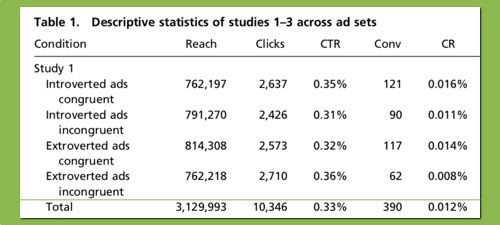them internet monies
26 Jun 2018 :: by Jason Jones :: CommentsBloomberg reports that top YouTube stars can expect poverty level wages. That doesn’t surprise you because you’re sophisticated (and good looking, and smart, and conscientious) and you read a site taglined: “… you can’t make money online.” But other–lesser–people are surprised.
Straight to the guts:
Breaking into the top 3 percent of most-viewed channels could bring in advertising revenue of about $16,800 a year, Bärtl found in an analysis for Bloomberg News. That’s a bit more than the U.S. federal poverty line of $12,140 for a single person. (The guideline for a two-person household is $16,460.) The top 3 percent of video creators of all time in Bärtl’s sample attracted more than 1.4 million views per month.
That’s almost enough money to buy gas, drive to the library, and take a nap.
One in 3 British children age 6 to 17 told pollsters last year that they wanted to become a full-time YouTuber. That’s three times as many as those who wanted to become a doctor or a nurse.
Why become a doctor or a nurse when you can just live at your mom’s and livestream Fortnite… forever? I love being a mom.
$$$
1.4 million views per month is a huge–unpossibly unattainable–audience. So where all the money at?
The money is in being the big corporation that gets 100% of the views; tracks the viewers; and then sells aggressive–often fraudulent–advertising to those viewers on mass. YouTube gets billions of views per day; and billions is just the number of views, or clicks, or follows, or likes, or whatevers that you’re going to need to win at internet advertising.
Because people don’t like advertising.
Here’s part of the dataset from a study published in the Proceedings of the National Academy of Sciences showing that Facebook ads were slightly more effective when tailored to the personality traits of their recipients.

The aggregate click through rate on these three million test ads was just 0.33%. That means that less than half of one percent of users presented with the ads clicked on the ads. A still much lower percentage of people, just 0.012%, actually made a purchase at the makeup retailer being advertised.
Using these figures, 1.4 million “I’m an internet star!” views per month will generate just 4,620 ad clicks.
1,400,000 x .0033
That’s just 168 conversions.
1,400,000 x 0.00012
So the YouTuber is getting $8.33 per conversion.
$16,800 / (168 x 12)
At that rate, in order to gross $100K per year an internet content creator would need 8,336,806 views per month.
$100,000 / $8.33 / .00012 / 12
Those are almost primetime network TV type viewership numbers.
clicking
Even though tens of billions of dollars are spent on it every year… honest advertising rarely works.
The first time you saw a banner ad you clicked on it because you’d never seen a banner ad. But as the years went by you clicked less and less on banner ads. After a decade, you stopped clicking on banner ads–your visual processor just stopped processing them.
So the ads came for your search results, emails, and social media streams. And at first you click-click-clicked, but then you habituated and your brain turned them off.
Don’t tell this little secret to the gigantic advertising industry, but brains have ad blockers. The internet isn’t making advertising more effective, it’s proving how ineffective it always was.
dreaming
Here’s how the Bloomberg article starts:
Do your children dream of YouTube stardom? Do them a favor: Crush that ambition now.
Fair enough.
Do they dream of being online journalists?
Maybe you should apply your ambition crushing parenting style to that delusion as well.
Can the Bloomberg article we’re discussing here deliver enough in online ad revenue to cover the costs of its production? If it could would it be serving me ads like these?

- a stack of cash
- a princess’ likeness misused for commercial purposes
- a money morning
… you can’t make money online.


comments